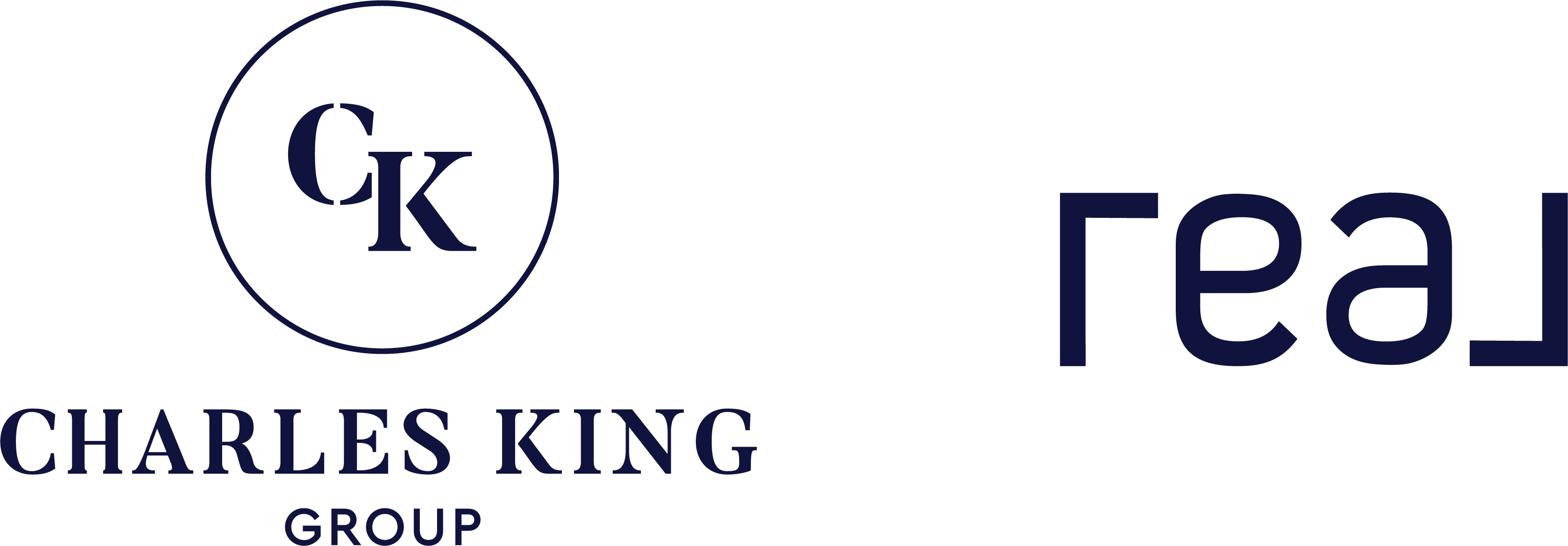Understanding the 30% Rule for Real Estate Investing on the South Shore, Cape Cod, and Boston, MA
If you're investing in real estate on the South Shore, MA, Cape Cod, MA, or in Boston, MA, understanding the 30% rule is critical for making smart, profitable decisions — especially when flipping properties.
The 30% rule is a simple formula that helps investors quickly evaluate deals. It states that you should pay no more than 70% of a property's after-repair value (ARV), minus the cost of repairs.
Here’s the basic formula:
Maximum Offer Price=(ARV×0.70)−Repair Costs
This 30% margin is designed to cover buying costs, holding costs, selling costs, and your desired profit.
Example:
If a property’s ARV is $500,000 and it needs $50,000 in renovations:
(500,000×0.70)−50,000=300,000
Your maximum offer should be $300,000.
In competitive markets like the South Shore, Boston, and Cape Cod, investors sometimes adjust this rule slightly — accepting thinner margins depending on demand, location, and project scope.
At The Charles King Group, we work with many investors, flippers, and developers throughout South Shore, Cape Cod, and Boston. If you're interested in being onboarded into our exclusive investment division program, where we help source deals, evaluate opportunities, and provide market insights, reach out to us today! We'd love to partner with you on your next successful investment.
Selling Your Home?
Get your home's value - our custom reports include accurate and up to date information.




